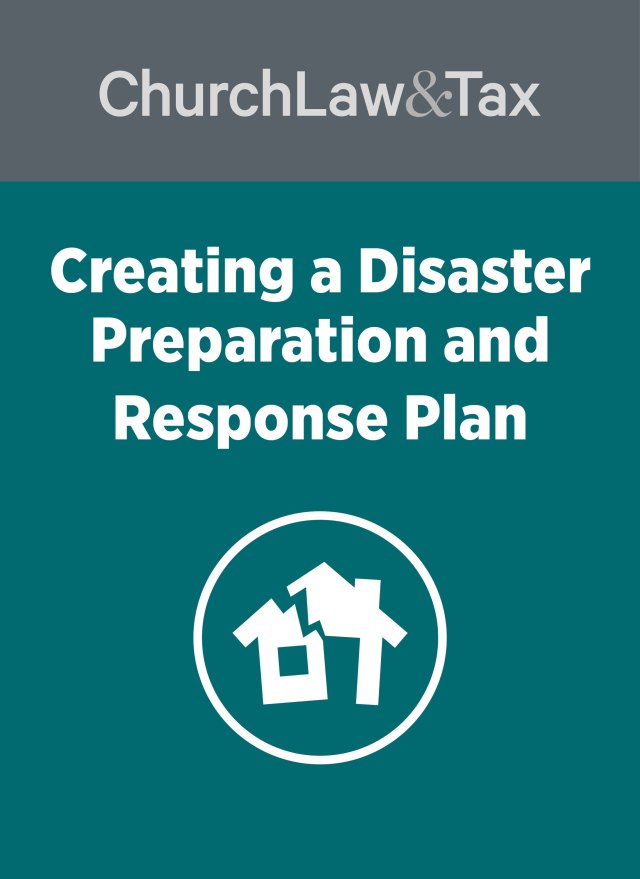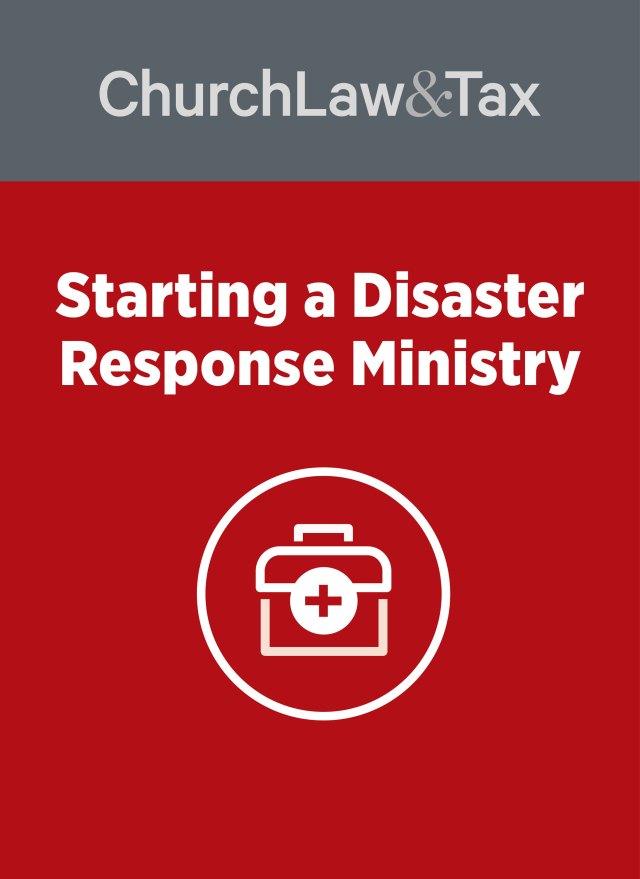Crises are inevitable, but too often, church leaders are unprepared to respond effectively. Having a crisis response team in place goes a long way toward ensuring you’re prepared to handle any emergencies. Here’s how to form your team:
1. Choose your players. Members need to be mature, well-respected, and able to drop everything to dedicate themselves to the process in times of crisis.
Your team should include:
- a pastor
- a member of the board
- several excellent communicators
- a prayer leader who can direct an intercessory prayer team.
2. Assign key positions (one person per position, and only one position per person):
- a chairperson (not the senior pastor)
- a communications spokesperson who is made accessible to the entire congregation for questions and concerns
- liaisons to each involved person or party.
3. Give the team authority, and allow them to act quickly:
- to coordinate legal response
- to communicate to the church, the general public, and media
- to design a plan for further investigation
- to set up counseling for those in need.
This article originally appeared in Leadership Journal.
To learn more about crisis communication, purchase the downloadable resource Communicating in a Crisis, available on ChurchLawAndTaxStore.com.




